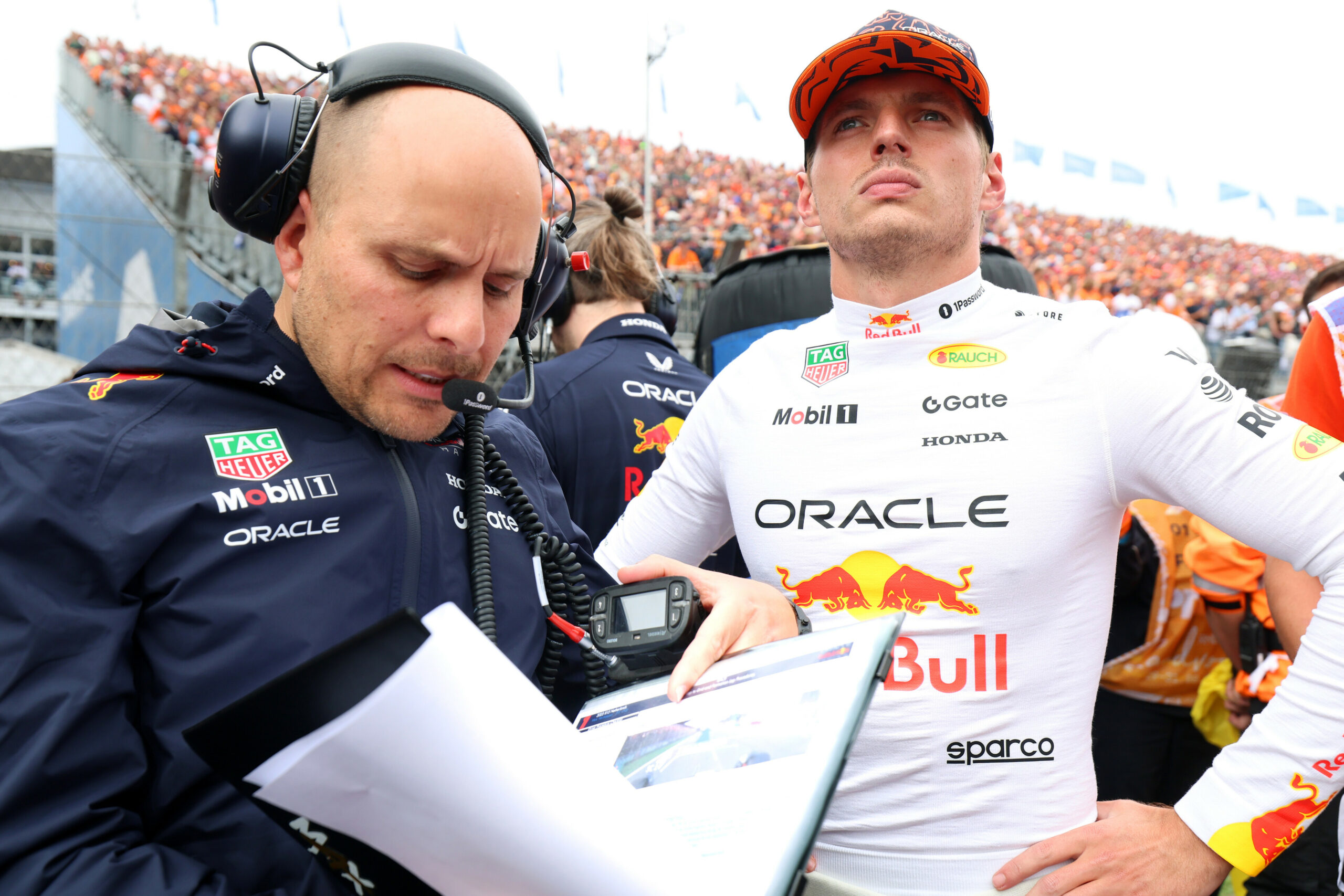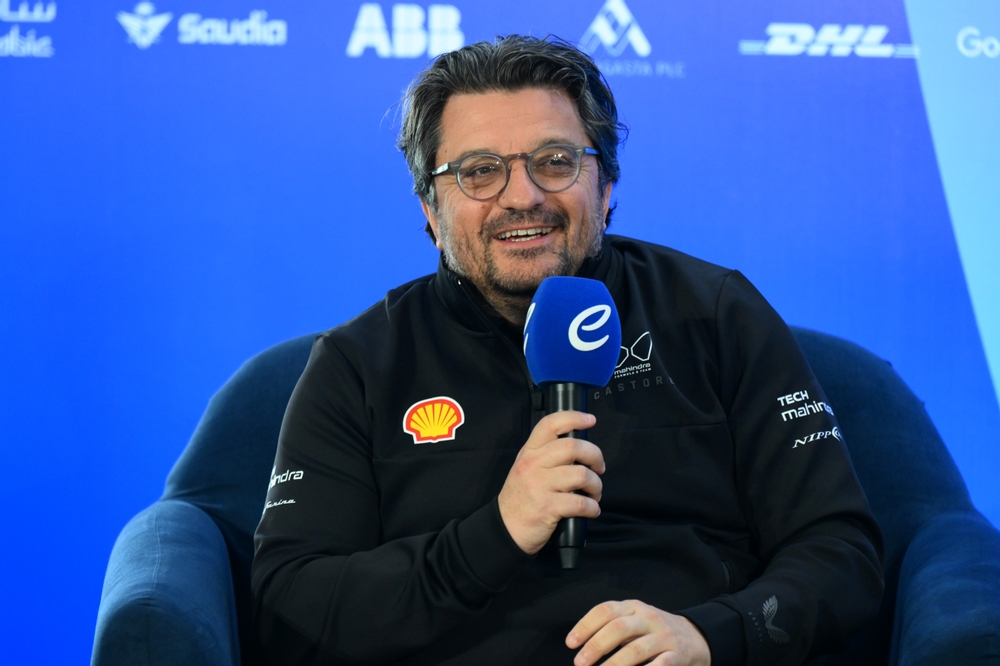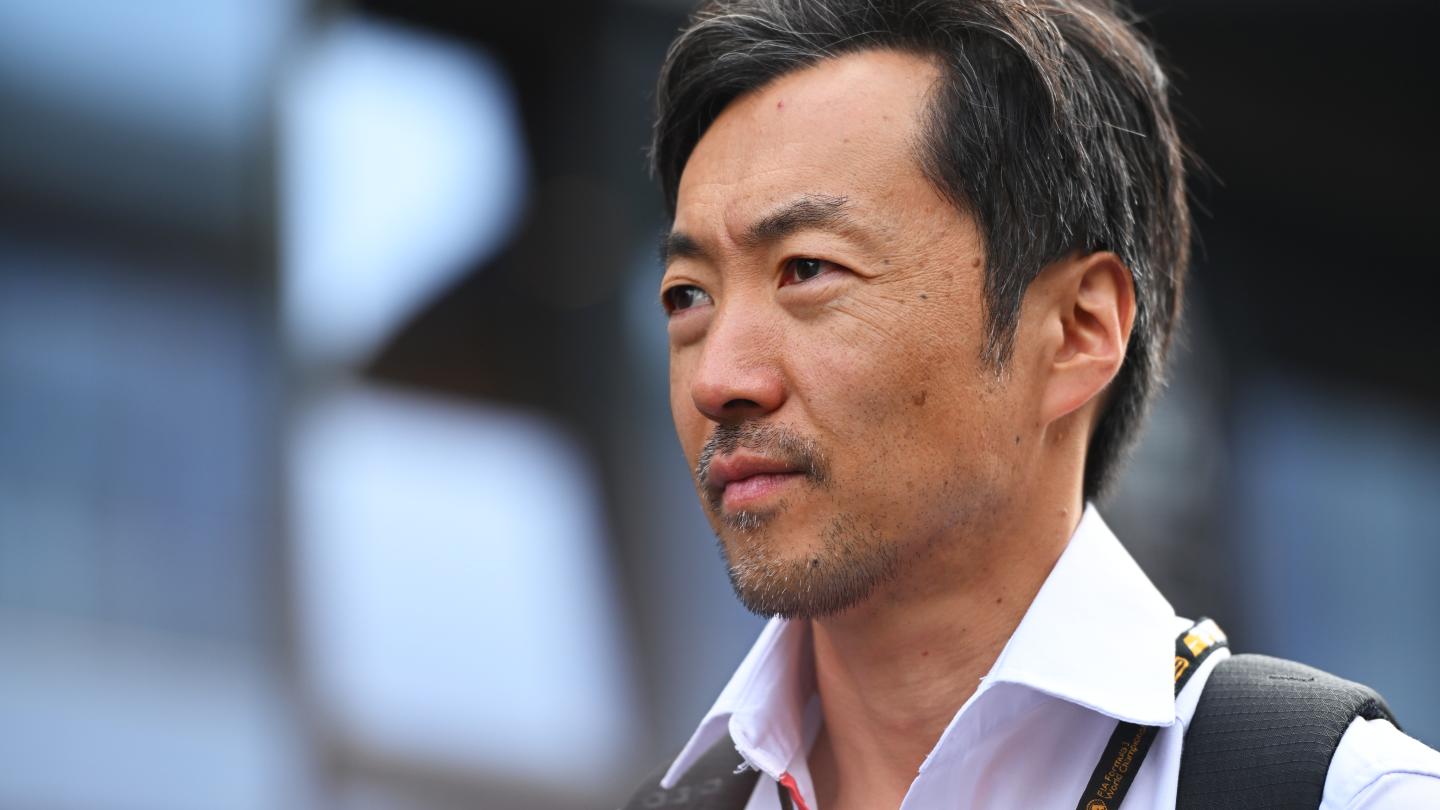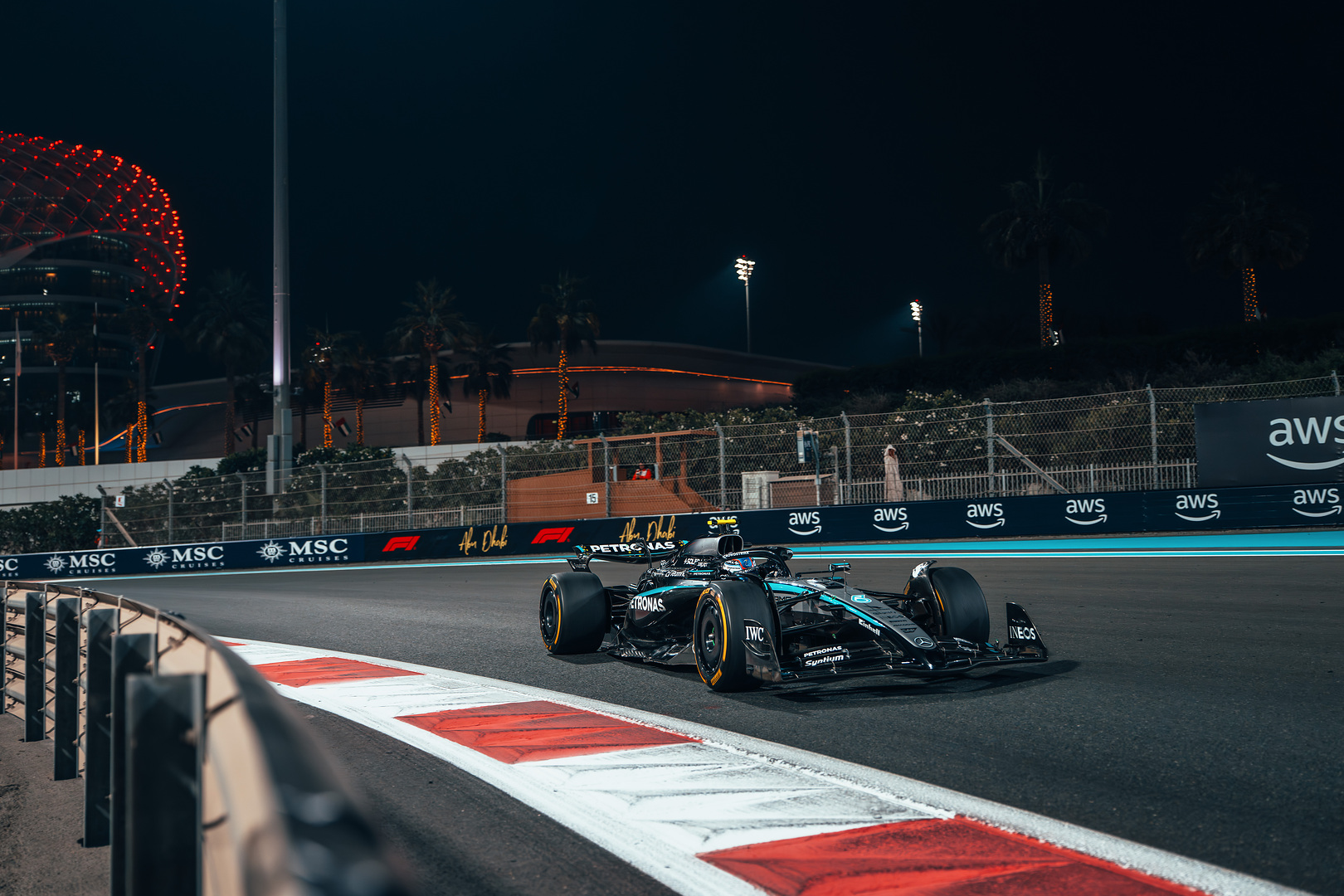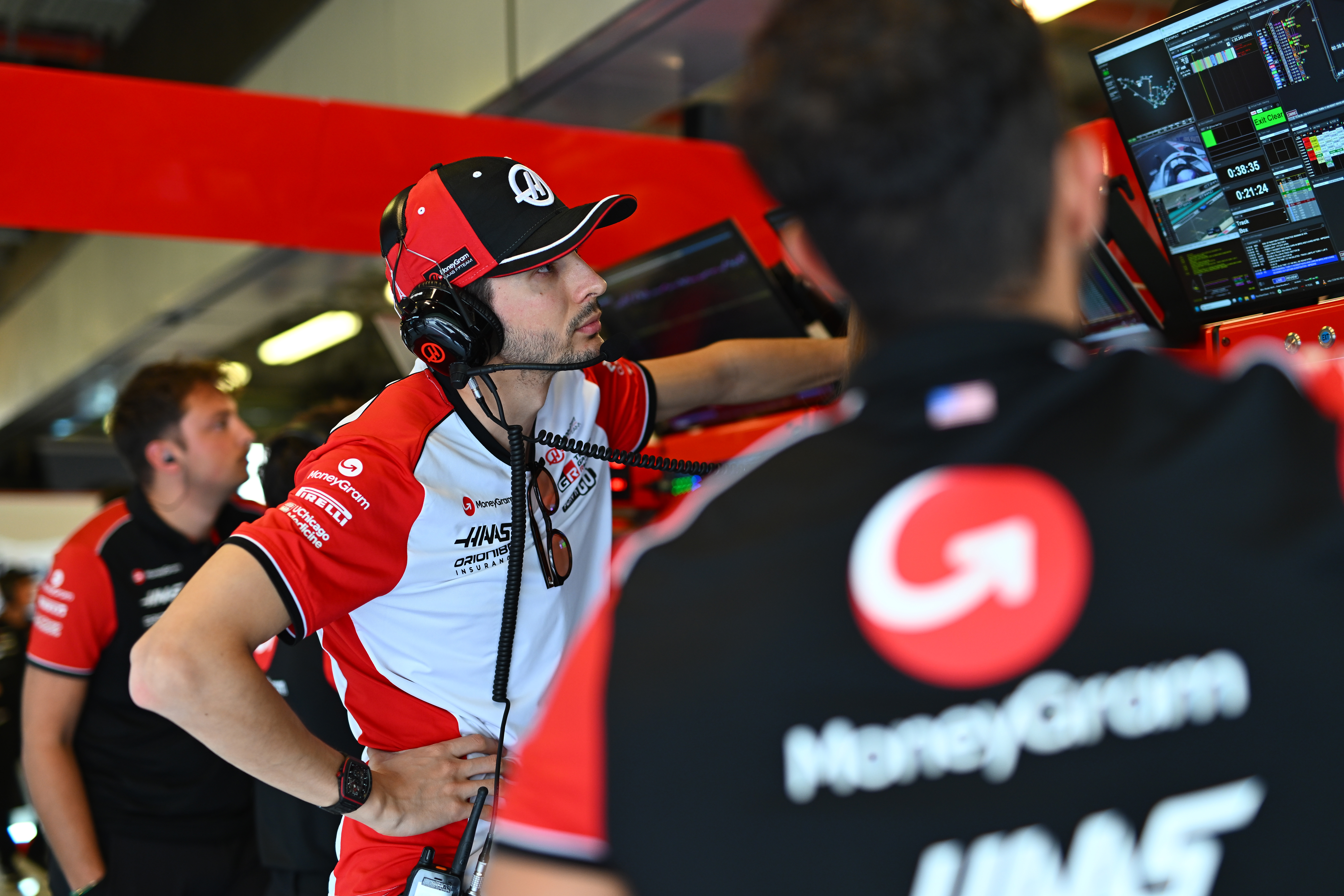Max Verstappen has candidly admitted he has “no idea” what to expect from this weekend’s F1 Italian Grand Prix at Monza, as Red Bull continue to grapple with a car that refuses to let the four-time world champion “go faster” despite not being a “disaster to drive.”
Speaking ahead of the F1 Italian GP at the Temple of Speed, Verstappen acknowledged that McLaren are operating “on another level” whilst Red Bull find themselves scrapping in an ultra-competitive midfield battle where marginal gains can make the difference between podium contention and anonymity.
Realistic goals remain uncertain
When asked about his realistic goals for the F1 Italian GP, Verstappen’s response highlighted just how far Red Bull have fallen from their dominant position of previous seasons.
“Honestly, I have no idea. Of course, in Zandvoort, we were P2 with a bit of luck. We would have been on that podium, but the gaps behind were very… Everyone was quite close. It was also very important to have a good qualifying. If I would have been in P6 or whatever, I don’t think I could have passed,” Verstappen explained.
The Dutchman was particularly concerned about Monza’s characteristics, adding: “Qualifying is important, but historically this track has not really been that good to us because of the layout of the track with the low-speed corners also in it. I don’t really know. I just hope that tomorrow we can start a bit in a better window than we have done maybe in some races this year.”
Accepting McLaren’s superiority
Verstappen was refreshingly honest about the current competitive landscape, acknowledging McLaren’s clear advantage whilst emphasising how tight the battle has become behind the papaya cars.
“I mean, for me, it’s super clear that McLaren is on another level, but behind that it’s all super close and it just depends also a bit on if you find the right set-up for the weekend and you extract basically everything out of the car,” he stated.
This represents a significant shift in tone from the Verstappen of 2022 and 2023, when Red Bull’s dominance was rarely questioned. The acknowledgement of another team’s superiority demonstrates both maturity and realism from the championship leader.
A car that won’t let him go faster
Unlike last year’s car, which Verstappen famously described as a “monster,” this season’s RB20 presents different challenges entirely.
“No, it’s different. This year, I don’t have these really big instability problems or whatever. Of course, we are not as competitive as we would like to be. I think it’s more just I would like to go faster, but it’s not letting me go faster, right? It’s not a disaster to drive,” Verstappen explained.
The frustration is palpable in his words, describing a car that feels fundamentally sound but lacks the ultimate pace needed to challenge for victories on merit.
Learning through compromise
Verstappen revealed his willingness to sacrifice short-term results for long-term understanding, demonstrating his commitment to helping Red Bull find solutions.
“I try to help as much as I can, and I’m not afraid in the weekend to try a lot of stuff, OK, maybe you compromise a bit the session or maybe a little bit the weekend, but sometimes it’s more important to understand stuff for the long run in the season. I think that’s what we did again also in Holland,” he said.
However, the results haven’t always translated as hoped: “Now, qualifying was more positive, I would say. The car felt a little bit more together, but then somehow that didn’t translate into the race, unfortunately, so that’s still something that we need to be better at.”
Laurent Mekies’ influence still developing
When asked about new team principal Laurent Mekies’ impact after four races in charge, Verstappen was measured in his response, acknowledging that significant changes take time.
“So far, it’s been very nice to be working together. Of course, in five or six weeks, there’s not that much that you can immediately change in a team. I think it’s just important that he comes in. He has worked at a lot of different teams as well, so you get a proper understanding of how teams are operating,” Verstappen noted.
He praised Mekies’ approach to technical meetings: “What I like as well is the technical questions throughout the weekend back at the factory, useful meetings. It seems like that’s all working well. Of course, the car is built for this year, so it’s not something that you can easily change. But of course, the influence on next year and the years after as well, that can be of course bigger.”
Dismissing Racing Bulls speculation
Despite speculation about potential lessons from Racing Bulls’ recent performances, Verstappen was quick to dismiss suggestions he should be looking elsewhere for solutions.
“No, not really, no. I just need to focus on my own car and try to understand where we can do better, to be honest,” he stated firmly when asked about learning from their sister team.
Maintaining perspective despite high standards
Perhaps most tellingly, Verstappen demonstrated remarkable perspective when discussing Red Bull’s current position, acknowledging both the team’s high standards and the reality of their situation.
“Someone has done a better job than us. I mean, it’s just not that easy, because if it was easy, everyone could do it in Formula 1. It’s just a very complicated sport and small details can make a big difference. It’s not like we’re terrible, right? We’re not driving last,” he reasoned.
“I mean, I’m still in P3 in the championship; I’ve won races. But the standards of this team are very high. We want to be here to win and not be second or third. Sometimes, of course, it doesn’t feel good. Yeah, for sure. Do we want to be better? Everyone wants to be better in this team. No one likes losing.”
The long view
Despite the current struggles ahead of the F1 Italian GP, Verstappen maintained that Red Bull’s approach remains methodical and patient.
“But unfortunately, you cannot force the situation. So you need to work together to try and understand the problem. And I think we do that. But we are never satisfied. I mean, even in P23, when we were winning almost every race, there were still things that we wanted to do better. But unfortunately, someone else then did an even better job than us.
“So that’s what you need to also accept and acknowledge, that they have done a very good job.”

